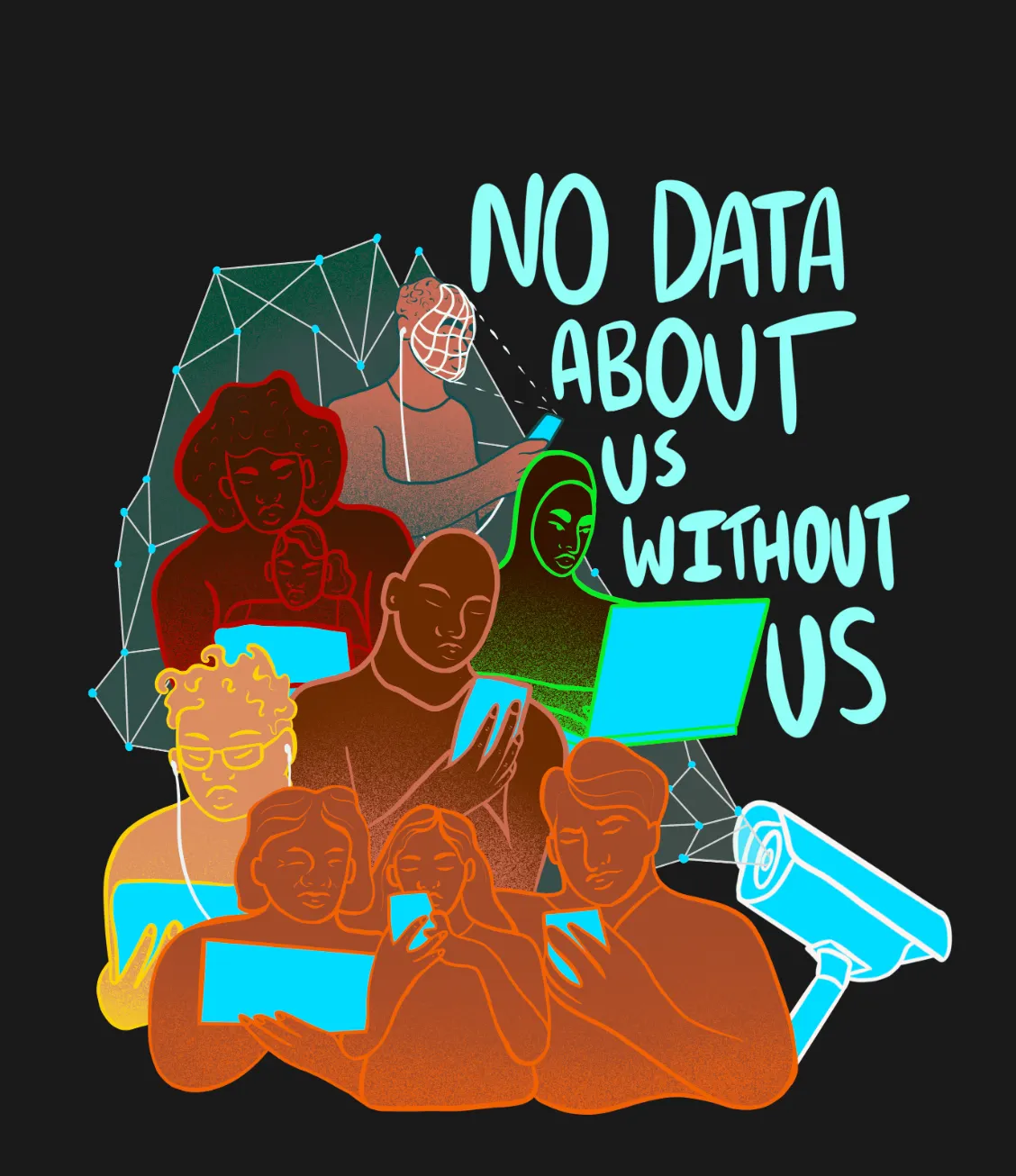Capture in the Data-Driven City
Burcu BaykurtIn this blog post by Fellow Burcu Baykurt, the continued enthusiasm for data-driven governance is examined despite the decline of smart city initiatives. Baykurt explores how gov-tech startups are carving a niche by optimizing existing public datasets to enhance municipal operations.

Samuel Scrimshaw for UNSPLASH
The initial appeal of smart cities may seem to have waned due to notable failures, but enthusiasm for more and bigger data in local governance remains strong. Municipalities continue to eagerly install sensors, cameras, and digital kiosks throughout cities, professing to pursue a “data-driven” approach to delivering municipal services and managing urban environments. Consider all the open data initiatives, city stat programs that routinely report on municipal metrics, and the growing use of automated decision-making tools inside city halls. While urban security is still a major driver of the data-driven model of governance, it is not the only one.
My Edgelands project last year focused on a specific set of tech startups that provide local governments with expertise in data science and software to analyze government datasets. Often described as “gov-tech” (government technology) firms, these small to mid-size companies either tackle specific issues, such as curb management or property code enforcement, or address multiple areas like housing, transportation, and public health. I interviewed founders and chief data officers of a sample of gov-tech startups in the United States to understand 1) how these firms position themselves compared to other digitalization efforts in urban environments, 2) how they work with local governments, and 3) the value of urban data for these companies.
I found that gov-tech firms often do not hype their services or promise “innovation” in local governance. Instead, they draw on critiques of smart cities and suggest helping local governments perform their jobs better. One startup founder, for example, emphasizes a clear distinction from smart cities, saying, “I don’t think having more cameras in the world will make government more effective, but good software can help public officials do their jobs much better.” Another CEO of a gov-tech startup explicitly rejects identification with the smart city market, describing smart cities as “a little bit like magical thinking.” As an alternative to larger tech companies, gov-tech firms like to position themselves as partners to public agencies, focusing on routine tasks such as collecting, organizing, and maintaining diverse datasets. They claim to make the city’s payment systems more efficient, for example, or to help cities achieve their social justice goals more effectively by using a diverse set of datasets.
In addition to a rhetorical shift, I found a clear distinction in how these firms work with public agencies, too. Gov-tech firms rarely express interest in expanding surveillance technologies in cities. Instead, they prioritize acquiring existing datasets—both within and outside public agencies—and integrating them into their own platforms in the name of upgrading data and operational capabilities. These existing datasets range from what a public agency already has in digital format to data from other public agencies, as well as old local maps, paper files, and rules and regulations that can be digitized and automated. This focus does not mean these firms are against surveillance or that they find it irrelevant. But gov-tech startups believe there is more to be done with existing data, at least in the short-term, to improve the operations and delivery of public services ostensibly.
Where does the value of gov-tech firms come from then – or, more precisely, where do these firms see their market potential? This is a critical question, especially since most of these startups aspire to be acquired by or partner with a major US tech company eventually. The immediate commercial value for these firms lies in selling their services to public agencies and/or claiming a share of public revenues. For example, a startup that provides a digital payment infrastructure to process fees typically takes a cut of the fees collected. The data platforms created by gov-tech firms, which often aggregate data from various public sources, can also be licensed to other public agencies.
However, founders quickly point out that the “real growth potential” for gov-tech lies in private markets that may be interested in such urban intelligence. As one founder explains, “Once we are managing data for lots of different cities, we can be the data platform that the private sector uses to access this data.” For instance, if a gov-tech firm specializes in tracking property data, its information platform is not only useful for municipalities but also for the real estate industry. Similarly, if a firm’s expertise lies in curb management, its data are relevant to fleet companies and transportation agencies.
The value proposition of gov-tech firms points to a significant risk in local governance wherein certain kinds of data, services, or parts of the city may seem more important (and lucrative) than others, thereby likely obstructing the public interest mandates of local governments. In addition to the “private appropriation of public data,” as sociologists Marion Fourcade and Jeff Gordon aptly put it, in the “gov-tech” model of the datafication of cities, there is also ongoing obfuscation and distancing in the way public agencies approach their services and operations.
Considering that what gov-tech firms offer at the start is a real need in public agencies, such as a lack of resources to govern by data or existing inefficiencies in data-sharing across agencies, it is critical to keep in mind that state inefficiencies and social inequalities become excuses for tech companies to capture urban environments. In other words, security and surveillance are not the only entry points for the tech industry to expand their presence in cities and local governments.
My fellowship at Edgelands is over but I continue researching gov-tech firms in and outside the United States. One question that occupies me these days is to think about how distinctly, if at all, gov-tech firms operate in the Majority World contexts in which state-market relations and the availability of “government data” to be captured and appropriated may look different. What can we learn from comparing and contrasting different country settings to better understand the strategies and capabilities of the gov-tech market?
Another question is how to make these asymmetrical and dynamic relationships between gov-tech start-ups and public agencies more visible to rally civic and political resistance. What kind of civic and regulatory resources are necessary to counter the expansion of the privatization of government data and services? Voqal Fellow and the Founder of the Local Data Futures Initiative Katya Abazajian, for example, offers the concept of “community data” that covers information about “neighborhood assets, infrastructure, behavioral patterns, movements, natural resources, lands, or places under the collective stewardship of a community.” Are there other concepts that help us comprehend the transformation of public services and data as they are appropriated to align with the broader goals of gov-tech firms? How can we articulate the collective risks associated with the widespread privatization of public information, in addition to concerns regarding privacy and surveillance?



